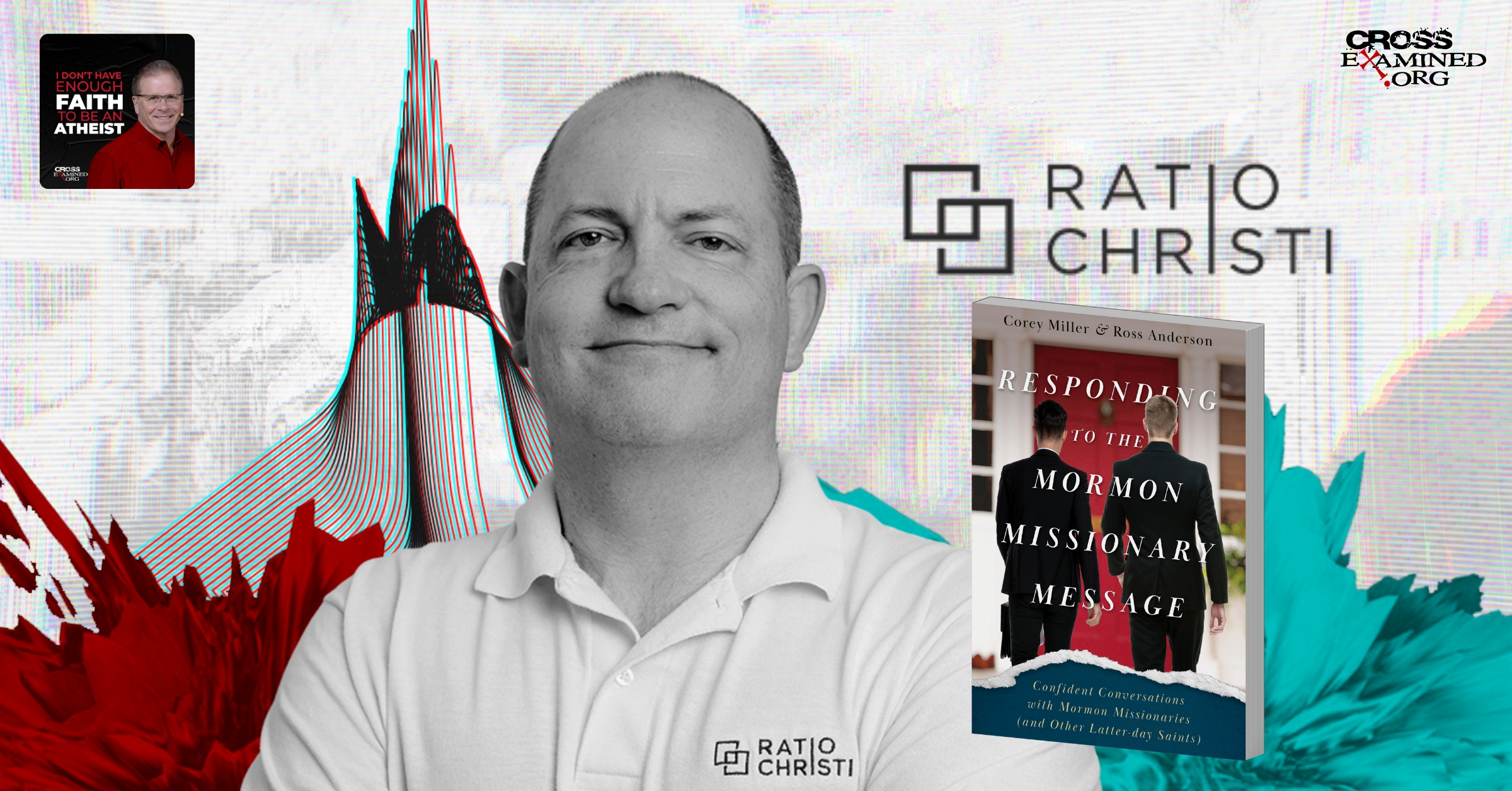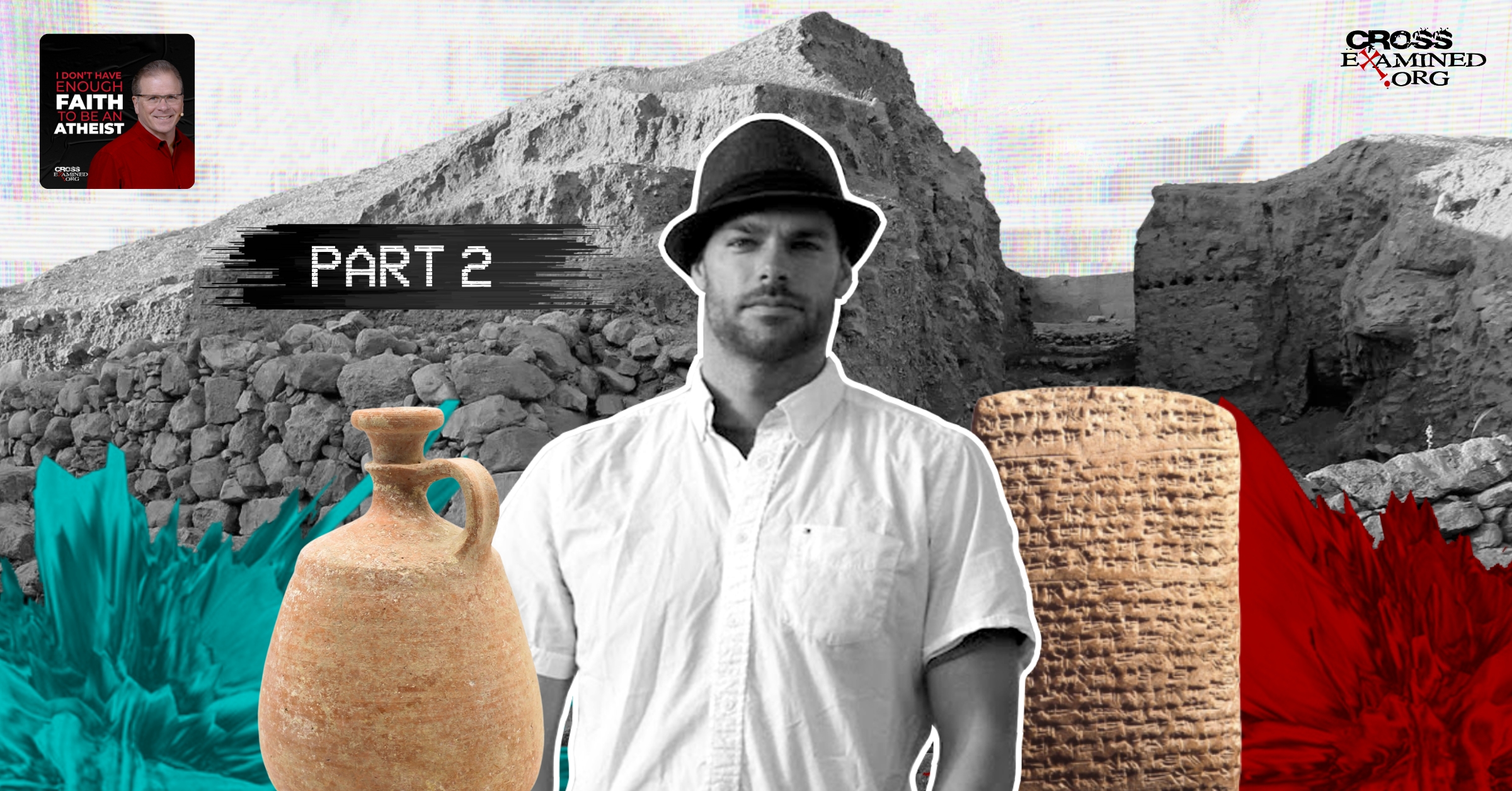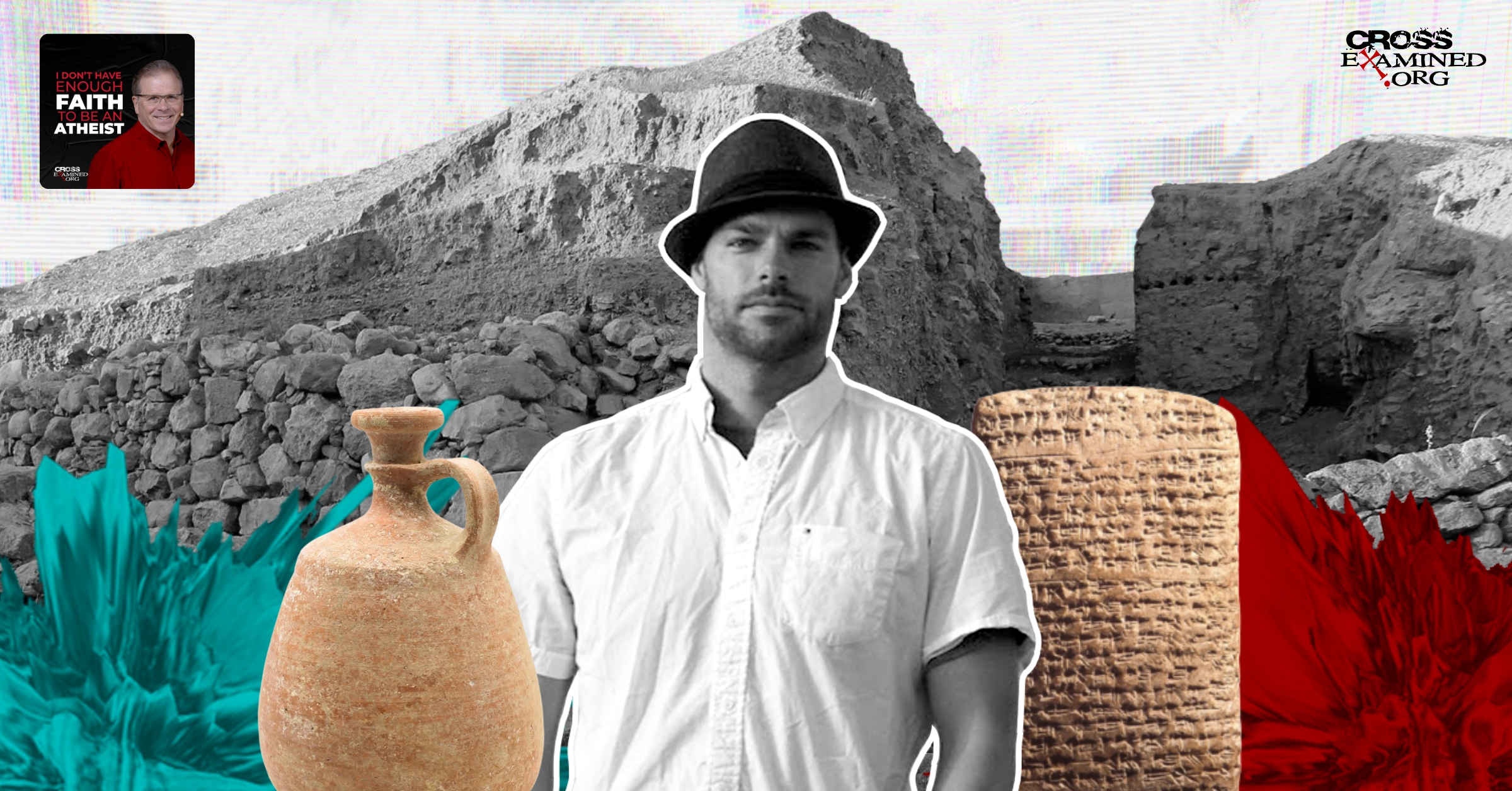What could be worse than being cut off by your adult children (and subsequently grandchildren) because you hold a Christian or conservative worldview? As cancel culture continues to rear its ugly head in all spheres of life, it has sadly breached the walls of social media and corporate America, now managing to creep into the hearts and minds of those who have turned away from a biblical worldview. So, if your child or loved one cancels you because you’re “toxic”, is there anything you can do?
In this midweek podcast, Natasha Crain returns for a conversation with Frank about the disturbing “No Contact” trend and its devastating impact on Christian families. This relatively new phenomenon has spread like wildfire, leaving parents and grandparents in turmoil and desperately seeking reconciliation with their children. During this episode, Frank and Natasha touch on questions like:
- Why are kids more willing to cut off their parents than parents are to cut off their kids?
- How has the left convinced young people that their conservative parents are toxic?
- How can parents work to maintain a relationship with their distant kids?
- What happened to preaching about tolerance?
- Are there times when it’s necessary to cut people out of your life or even your church?
Being treated as an outcast by your family primarily because of your moral or political views is a situation that seems unthinkable and unbearable, yet is becoming more and more common in our postmodern society. For those who have found (or could find) themselves in this predicament, Frank and Natasha hope to embolden you in this episode to continue to stand for the truth, even as you fight for your family.
To view the entire VIDEO PODCAST be sure to join our CrossExamined private community. It’s the perfect place to jump into some great discussions with like-minded Christians while simultaneously providing financial support for our ministry.
Natasha’s website: https://natashacrain.com/
The Unshaken Conference: https://unshakenconference.com/










